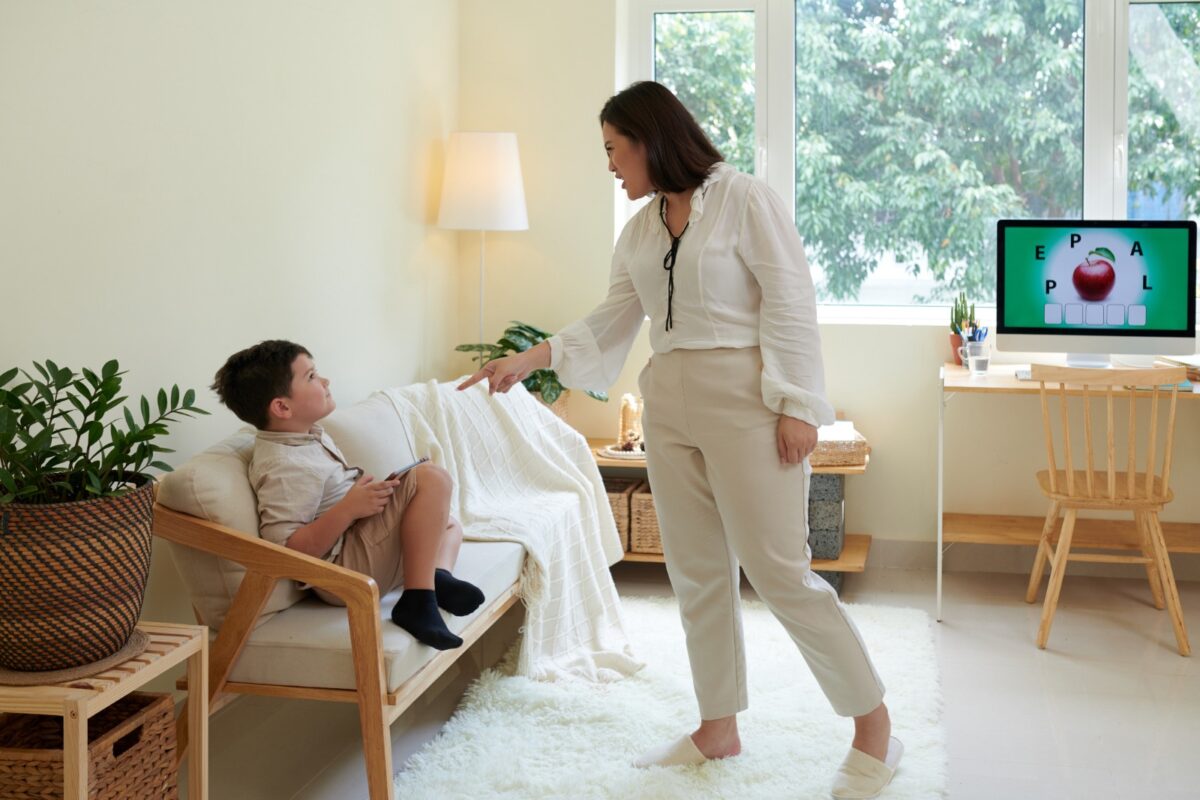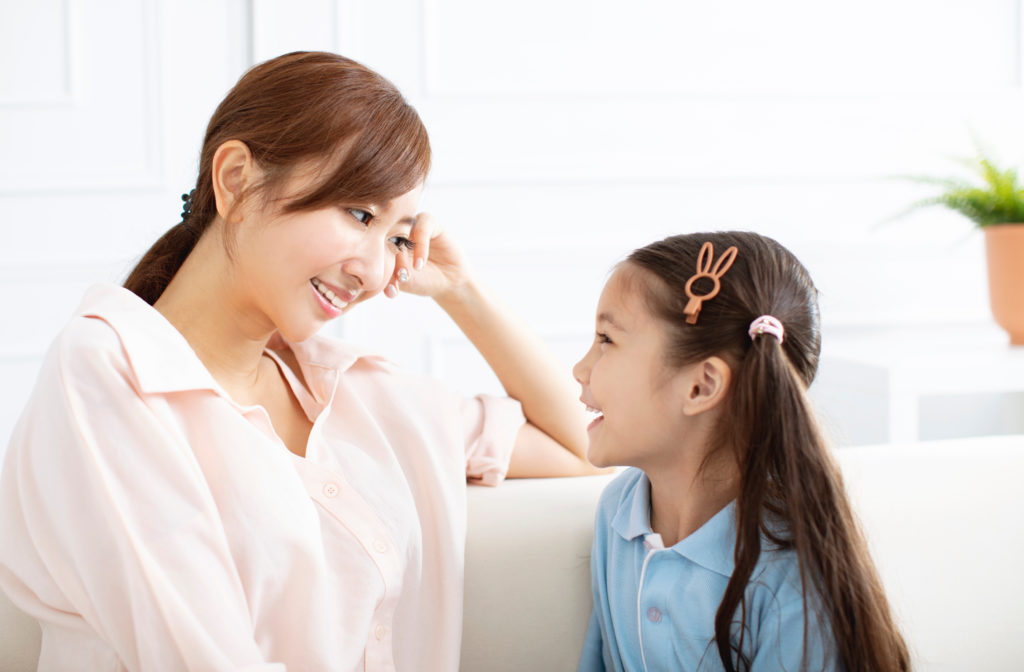
Written: Founder & Volunteer Director of Good Love Passion, Lam Ho Pui Yee
When a child is around 6 months old, they start babbling, constantly making sounds and single words. They also enjoy playing with toys that make sounds. However, even before they learn to speak, they already understand how to communicate with the people around them using crying, sounds, facial expressions, gestures, or body language. In fact, children first learn to communicate with people using facial expressions and gestures, then they learn verbal communication, and finally, they learn to communicate through text. Therefore, accurately recognizing other people’s facial expressions helps in assessing their emotions and attitudes, thus influencing a child’s cognitive development, emotional development, and social skills. Parents’ facial expressions, actions, and postures are often what children find most attractive.
Children observe and respond to their parents’ facial expressions and emotions. For example, a gentle expression can make them feel comfortable communicating with you, a smile can boost a child’s confidence in expressing themselves, and a nod from parents indicates acceptance. Through these developments, children gradually understand, learn, and care about people’s emotions. Different parts of the body express emotions in various ways, and expressions can be categorized into facial expressions, body expressions, and verbal expressions.
To establish good parent-child communication, parents need to pay attention to several aspects:
1.When children cannot clearly see their parents’ facial expressions, it is recommended to use actions as a substitute for speech responses. For example, hugging them tightly, giving them a kiss, gently stroking their hair, or gently touching their cheeks are all important non-verbal communication methods.

2. If parents can embody a childlike and expressive role in their daily lives, children can learn a wealth of emotions and expressive skills from their parents’ facial expressions. This will undoubtedly benefit them throughout their lives.
3. Many parent-child interaction patterns involve “non-interaction” – even though they are together, there is no eye contact, conversation, message exchange, or actions, and there is no emotional sharing because everyone is watching TV, using the computer and phones, or doing their own things. Eye contact can train focus, so regularly gazing at each other with caring eyes and listening to each other’s sharing is one of the conditions for good communication.

4. Creating a quiet and simple environment helps children concentrate. True and comprehensive communication happens when they can clearly see your facial expressions. Therefore, it’s appropriate to turn off sound-producing items like the TV, tablet, or take away their beloved toys during communication.
On the journey of a child’s growth, parents who are willing to provide unconditional love and ample communication space make children feel accepted, allowing them to break free from their cocoon. Children love it when their parents appreciate them, so encouragement often has a greater impact, whether through eye contact or speech; both can be used more frequently.





















